September 13, 2025 | 02:12 GMT +7
September 13, 2025 | 02:12 GMT +7
Hotline: 0913.378.918
September 13, 2025 | 02:12 GMT +7
Hotline: 0913.378.918

Representatives from many countries and universities arrive in the Svalbard's global seed vault with new seeds, in Longyearbyen, Norway February 25, 2020.
The Svalbard Global Seed Vault, set in permafrost caves on an island halfway between mainland Europe and the North Pole, was launched in 2008 as the ultimate backup for the world's gene banks to protect plants from war, disease and climate change.
The vault has received samples from across the world, and played an essential role between 2015 and 2019 in rebuilding seed collections damaged during the war in Syria.
On Tuesday, depositors carried crates of seeds into the vault's entrance, a long narrow structure which juts out of the snow-covered hillside.
Twenty-three seed banks took part, nine of them for the first time, the largest number of newcomers introduced at one single occasion, according to Crop Trust, a non-profit that operates the facility along with Norwegian authorities.
First-time depositors included seed banks in Bosnia and Herzegovina, Cameroon, Indonesia, Kazakhstan, Kenya, Madagascar, Nigeria and Zambia, Crop Trust said.
The crates arriving on Tuesday contained crops such as beans, barley, cowpea, maize, rice, millet and sorghum, it added.
"Preserving genetic diversity in this Arctic fastness ensures the adaptability and resilience in our crops, guaranteeing food security for generations to come," Crop Trust Executive Director Stefan Schmitz said.
Many of Tuesday's deposits were the result of a global 10-year biodiversity project known as BOLD, which is designed to boost global food and nutrition security, the trust added.
With the latest deposit, 111 seed banks in 77 countries have a backup of their plants in Svalbard, said Norway's ministry of agriculture and food.
The chambers, which are only opened three times a year to limit the seeds' exposure to the outside world, boast temperatures of around -18 degrees Celsius (-0.4 degrees Fahrenheit).
(Reuters)

(VAN) The complaints come at a time when the demand for eggs is still increasing, since the consumer considers eggs to be a relatively cheap source of protein at a time of high inflation.
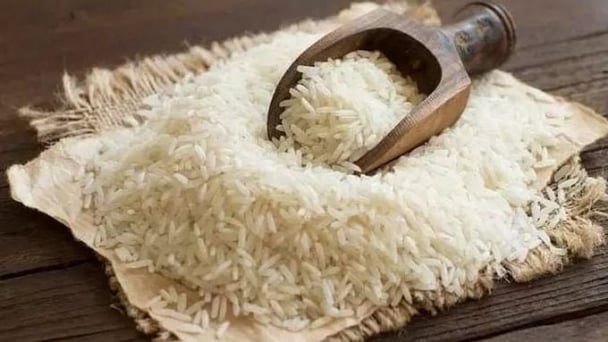
(VAN) Rice exports from Thailand have fallen sharply this year due to fierce competition and currency issues that have hurt price competitiveness, according to a report by the Foreign Exchange Service (FAS) of the USDA.
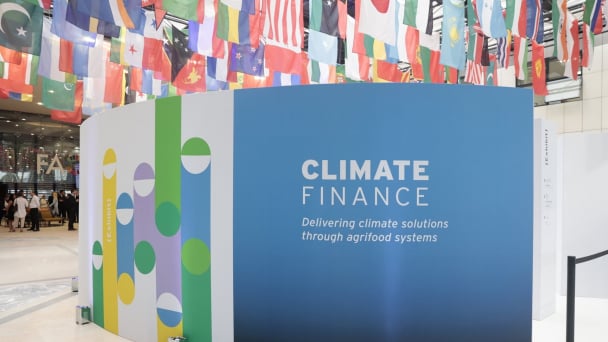
(VAN) Special event kicks off the action phase of the innovative US$282 million Food System Integrated Programme
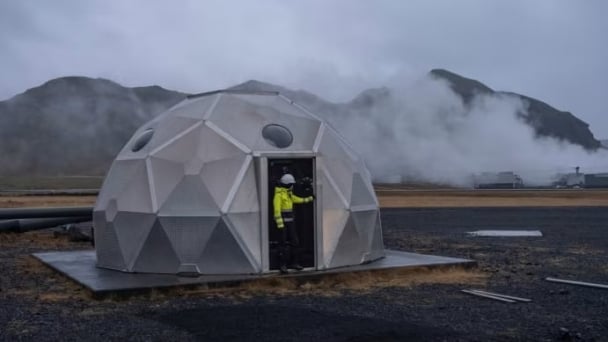
(VAN) CO₂ stored underground will be at risk of leaking back into the atmosphere, study finds.
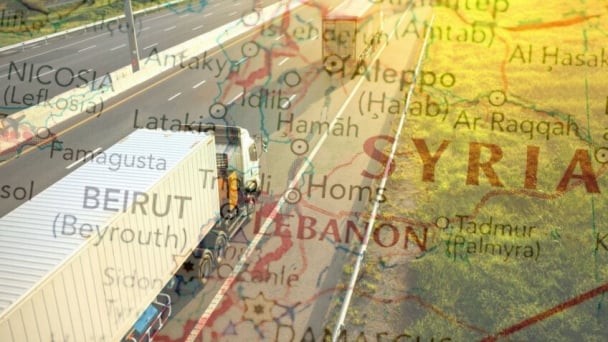
(VAN) The new Syrian government has imposed restrictions on imports of frozen chicken, effective 15 August 2025.
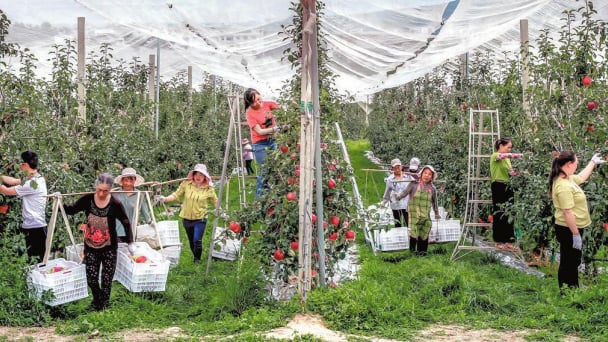
(VAN) The aroma emanating from ducks being spun slowly on charcoal-fired swivel roasters fills the air, drawing people into narrow alleys in search of the source of the familiar, mouthwatering odor.
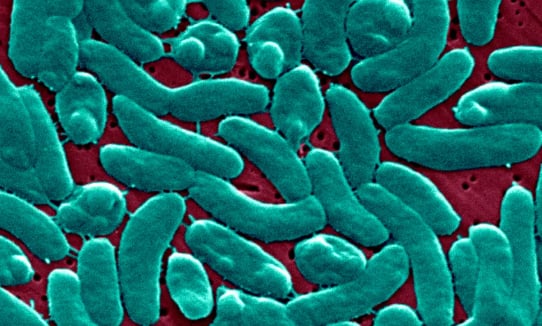
(VAN) In southwest of New Orleans, Linard Lyons spent the morning on his 19-foot boat, preparing crab traps for his grandchildren just like he had done thousands of times before.